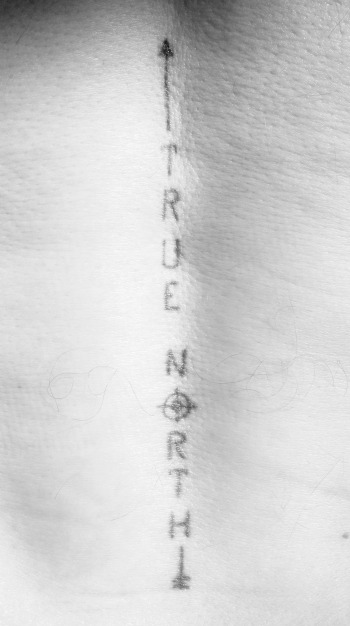I was provoked by a comment that Geoff made on Matheus’ post:
All in favour of the new but, having embraced the charismatic, now have some reservations about ‘apostles’ and the ‘apostolic’. Maybe new words are needed for new things?
Do we need new words? That is a big and ongoing question. I am currently reading Thomas Jay Oord’s recent book where he argues that ‘omnipotence’ as an attribute of God is dead, it is meaningless, and even for the majority who advocate it the word is so modified that it proves to be not useful. He challenges the various translations, and puts forward a new word – amipotence. He is doing more than replacing a misused word with another, he is prioritising God as (is) love over any competing attribute. A new word – I don’t anticipate that the next wave of systematic theologies will replace the omni words with his new one, but they might engage with his critique.
Words and meaning
To some extent words have intrinsic meaning. ‘Cat’ does mean a furry animal that likes to sleep all day, but that would not mean that an animal of that species is sick when in a garage a mechanic says to another that ‘the cat is kaput’… implying the vehicle will need a new catalytic converter. And if we add the word ‘big’ in front the advice would not be to stroke the animal and let it climb on your lap.
Words do have meaning in and of themselves, but context and also changes in history of the word (‘what a wicked scheme’ might not mean the same thing in the 21st and 19th centuries) make a huge difference. Etymology and usage are important, and ultimately it seems usage is more important in deciding what meaning the word / phrase is carrying.
So new words?
I have long struggled with the word ‘church’. It seems to be reduced to a place, even when we say ‘church is not a building’, with such questions as ‘where do you go to church?’ Imagine asking – ‘where do you go to family?’ I have tried to mainly use the term ‘body of Christ’ when seeking to describe those who have submitted to the Christ of God and been incorporated into Christ. Thus rather than say ‘the church is the body of Christ’ to suggest we really should be considering that the ‘body of Christ is the church’. I have tried to look at the word ‘ekklesia’ in its usage, both as the term used of a people who have come together for the purpose of hearing God’s instruction for mission (the Septuagint, in other words the OT people of Israel) and the contemporary usage in the Roman world to describe those who were qualified to plan and work toward the culture and values of their city. Do we need a new word?
Geoff raises his concerns with the words ‘apostle / apostolic’. I share his concerns with regard to how they are understood. Maybe we should emphasise that they were not used as a title – ‘the apostle Paul’ – which does give a strong hint to being above and over others, but used as a calling to live up to – ‘Paul an apostle’ – implying that he has to fulfil that ministry; he is subject to God and has to work and build carefully. Do we need new words?
I suspect that new words will be helpful, but what new words will be the challenge. And I more than suspect that the difficulty lies deeper than the words. They tend to be understood within an institutional framework and viewed hierarchically. Perhaps Mr Oord is on to something. We want a powerful God and as all other nations have a powerful god we need an ALL powerful God (don’t panic – the opposite is not a powerless god!!) and if we have an all powerful God then those that represent him (has to be a masculine pronoun here) have to also carry power, which sadly translates as ‘authority over others’.
I am all for pushing for new words, but I suspect we also have to continue to inject the current words with meaning that is more in line with the original usage, or to the corrected usage in the wider original context. After all Jesus was termed King, a very term that I consider that bottom line God rejected! (And this is why I consider the term ‘king of the Jews’ was nailed to the cross.)
Time for new words; time for old words to be modelled in a different way to how we understand them. New words, but modelling is probably more important: how the words are used in the sense of practical embodiment.


